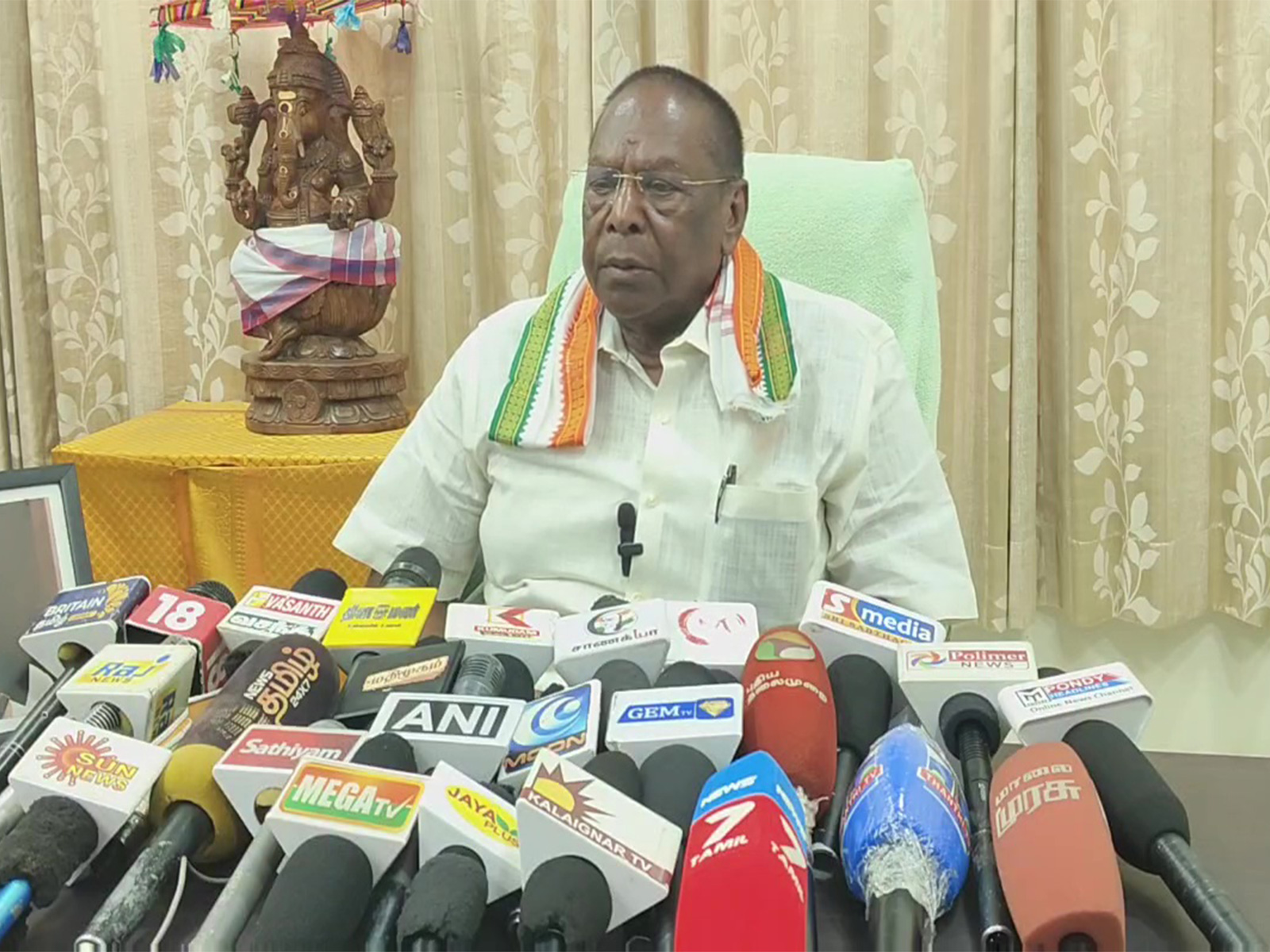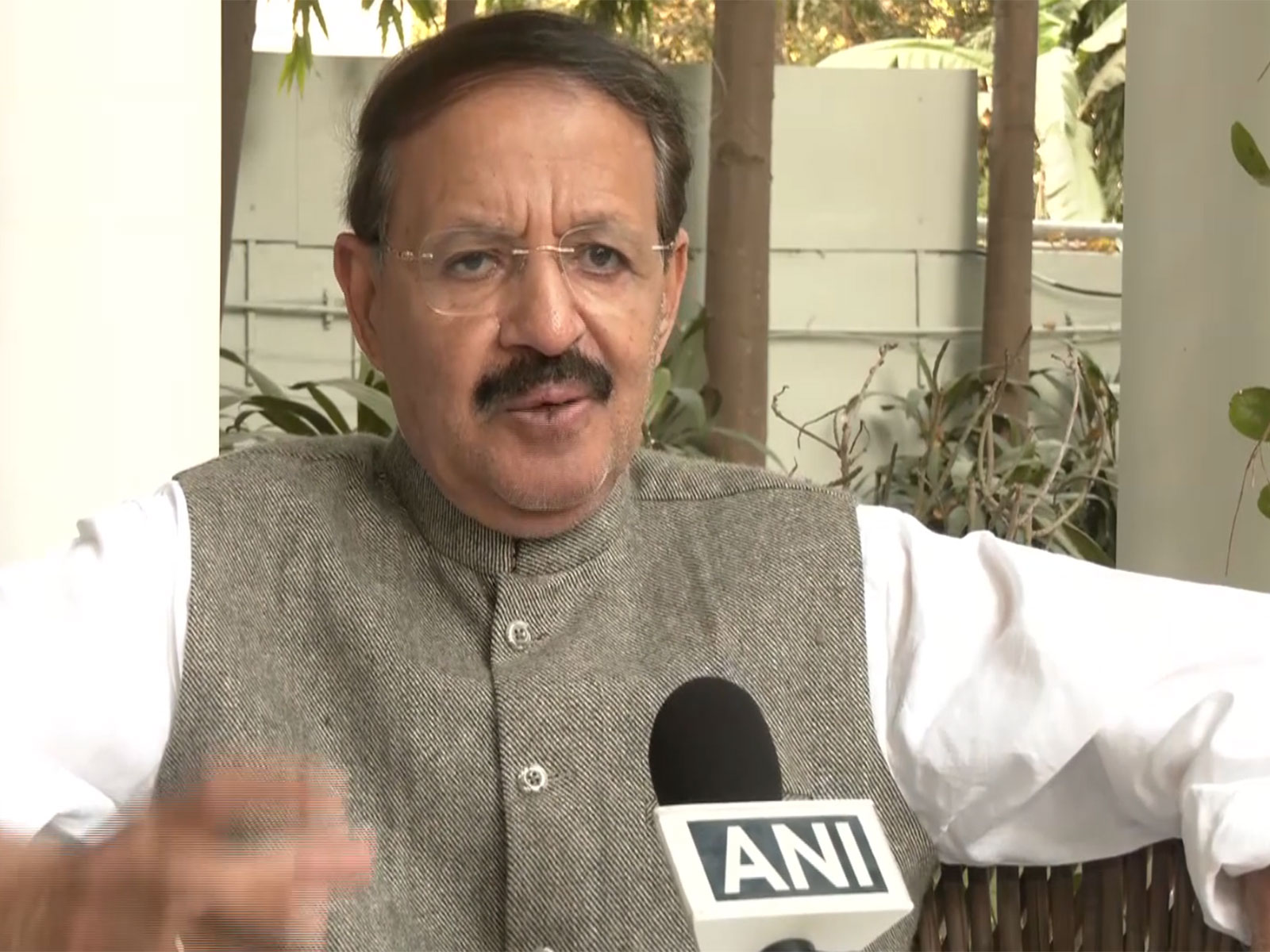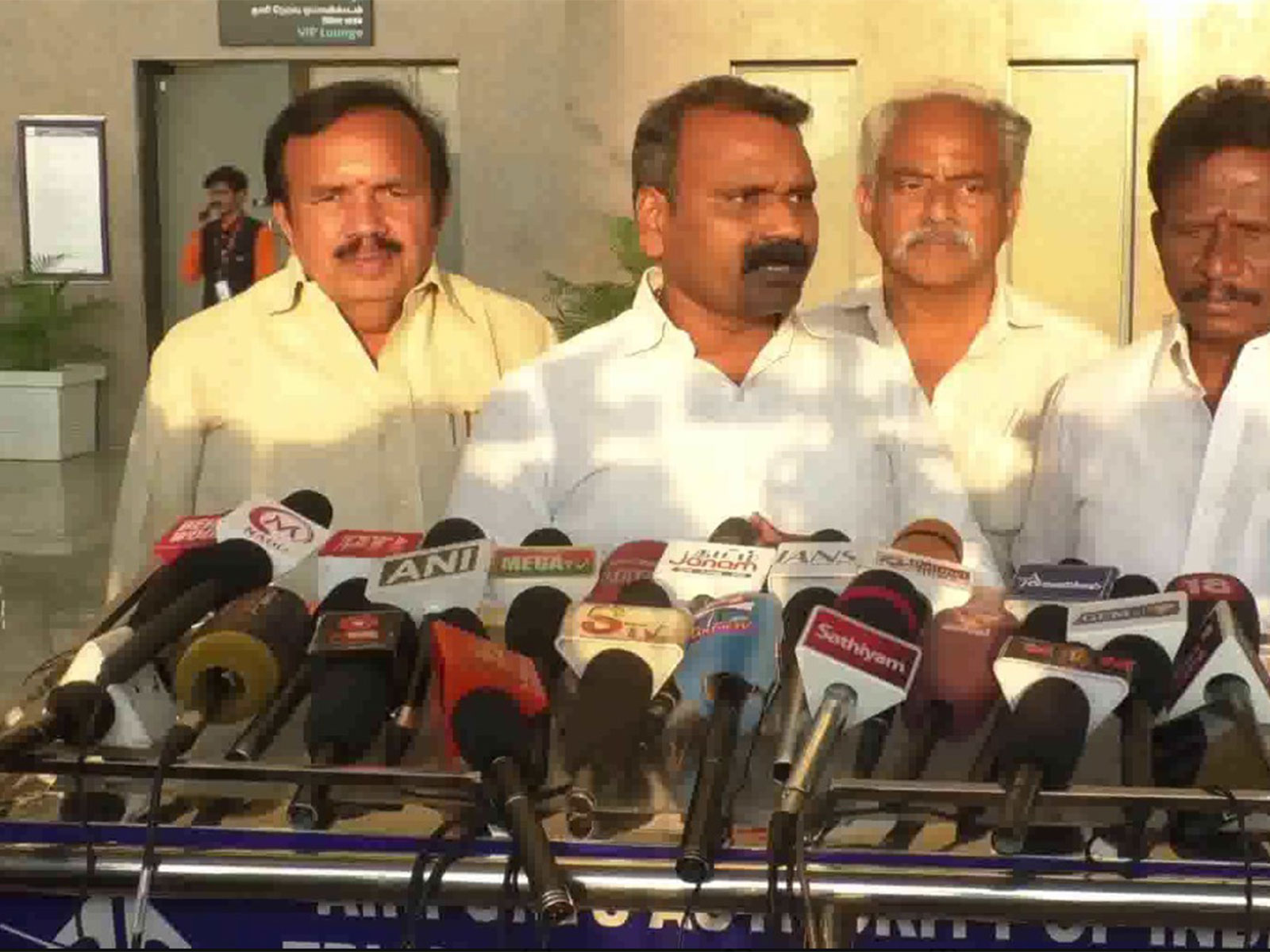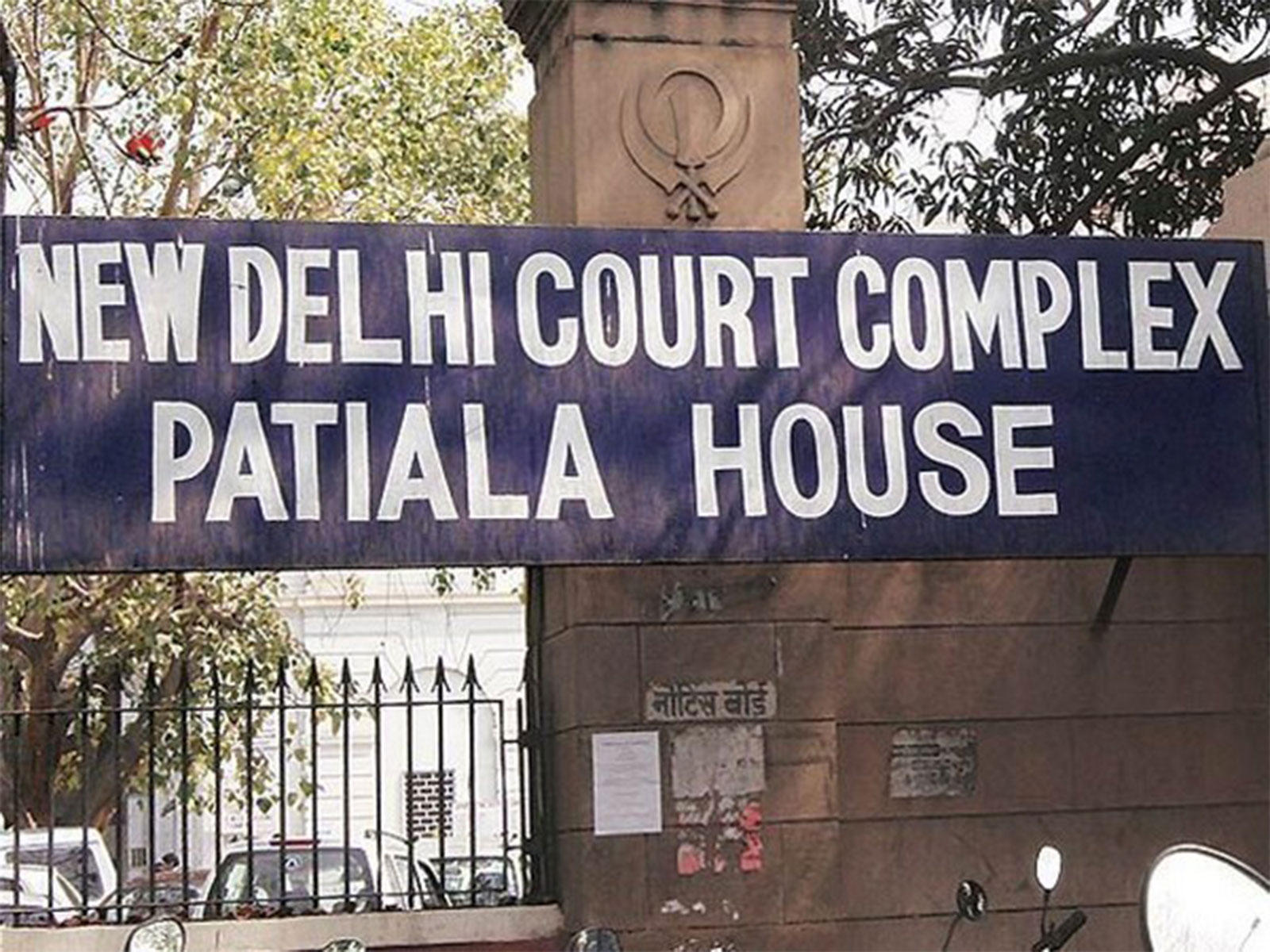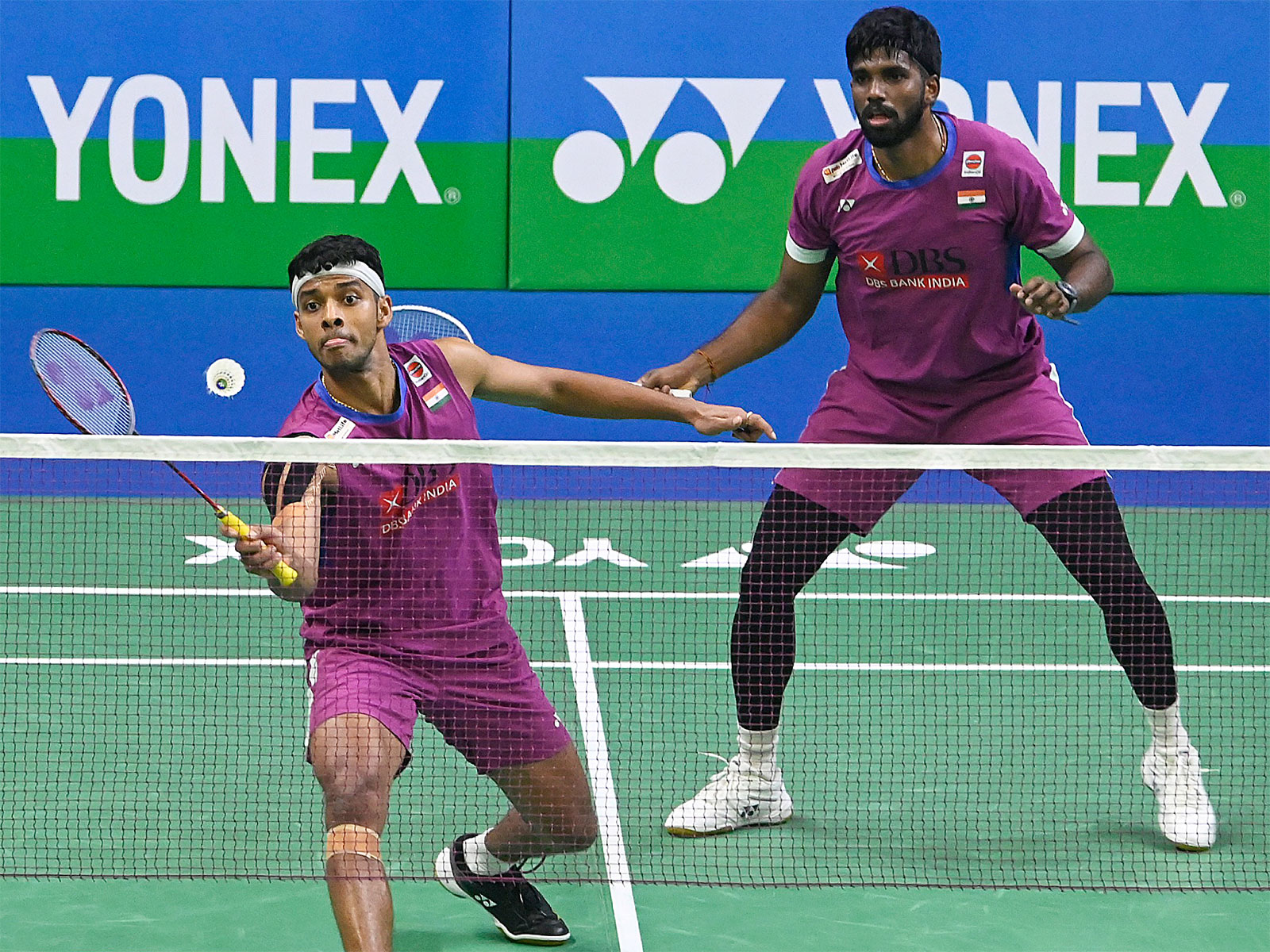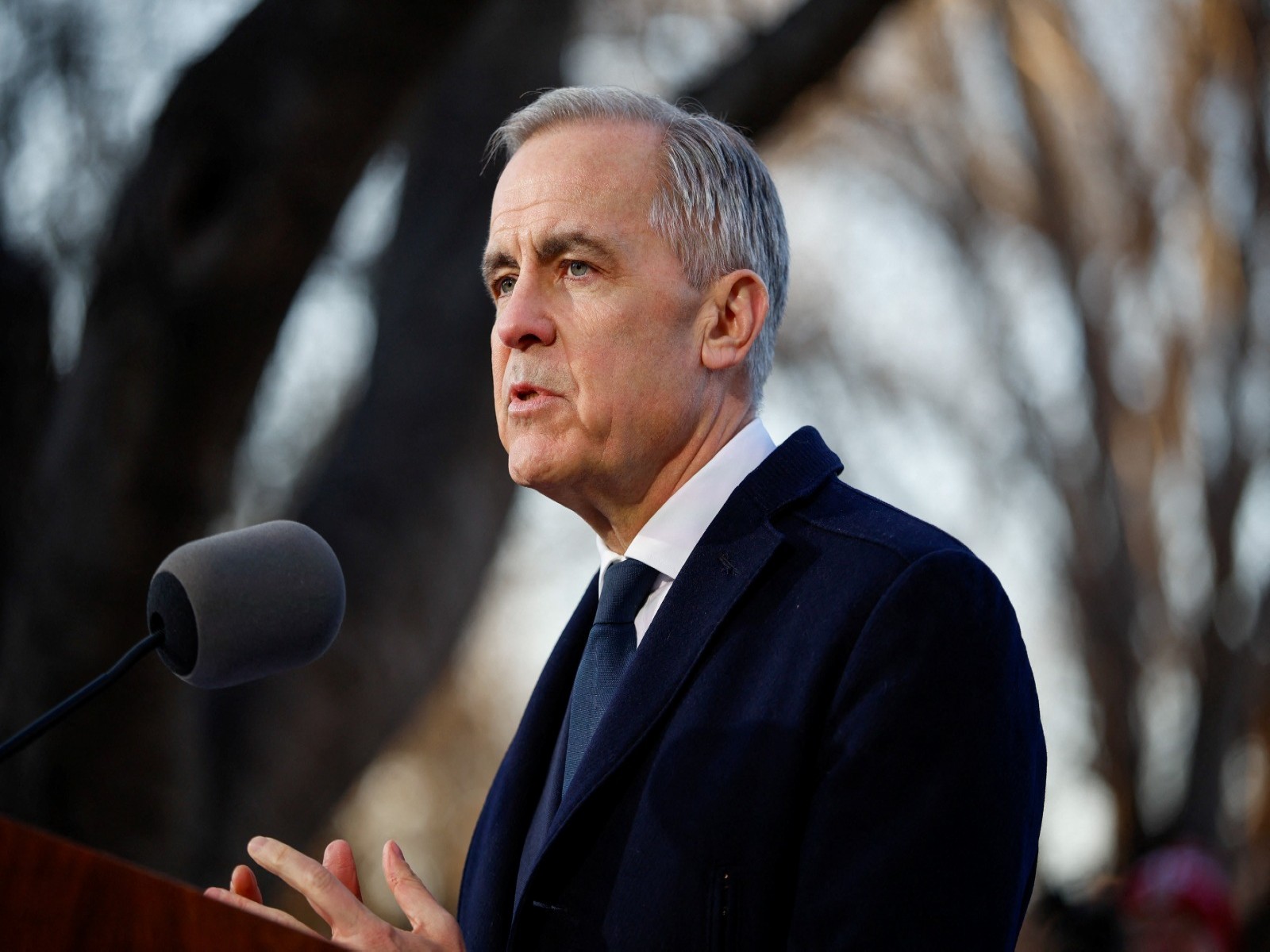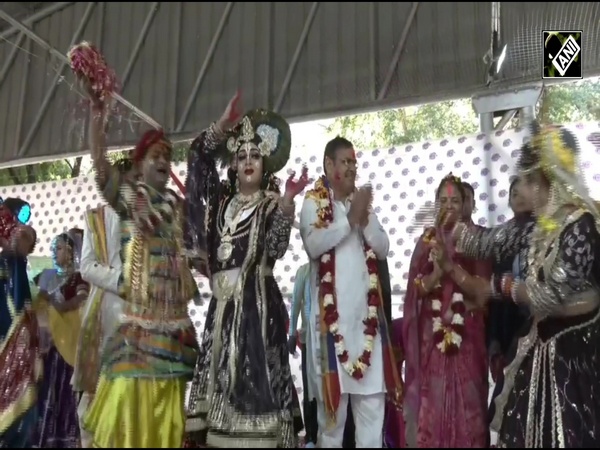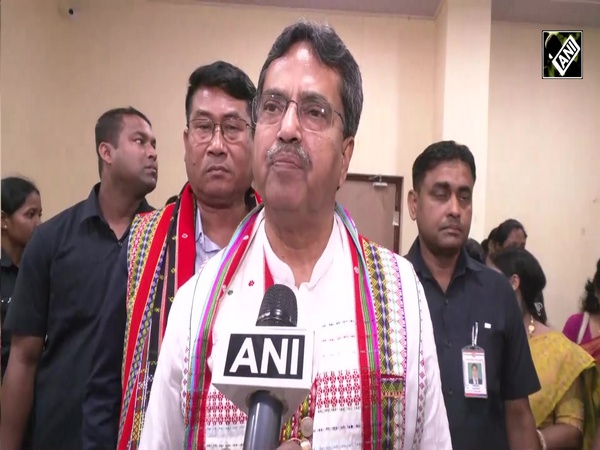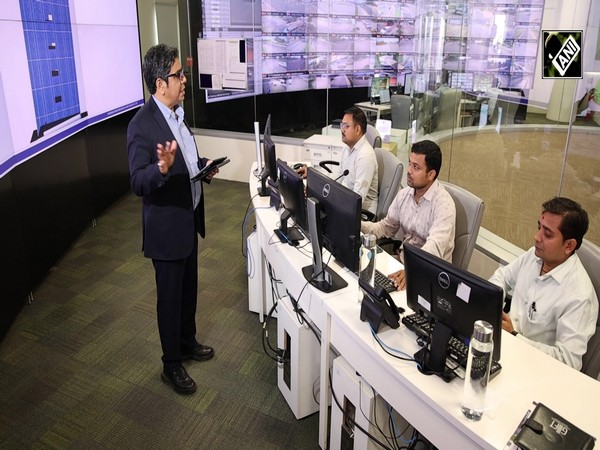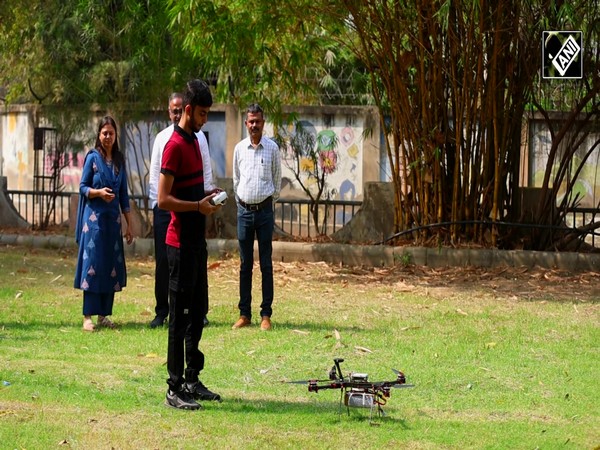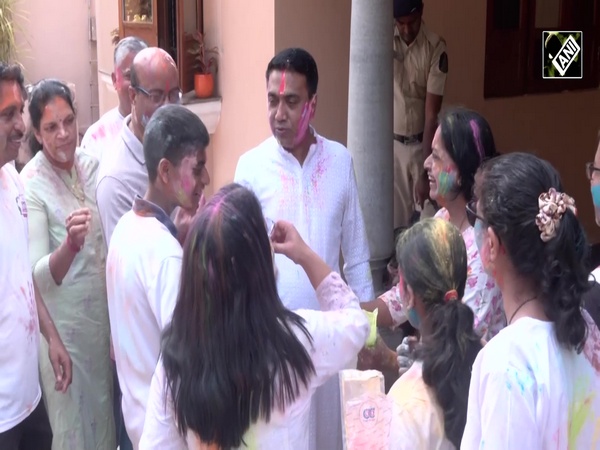NEP 2020: Teaching up to grade 5 in mother tongue, 5+3+3+4 school curriculum
Jul 29, 2020

New Delhi [India], July 29 : The National Education Policy (NEP), approved by the union cabinet on Wednesday, reflected sweeping reforms in school and higher education including teaching up to at least Grade 5 in "mother tongue or regional language" and a new 5+3+3+4 school curriculum with 12 years of schooling and three years of anganwadi or pre-schooling.
The policy lays emphasis on skilling and use of technology, saying it will be used in education planning, teaching, learning and assessment.
The policy calls for assessment reforms with 360-degree holistic progress card, tracking student progress for achieving learning outcomes and emphasises the creation of an academic bank of credits to facilitate the transfer of credits
It says that a National Research Foundation will be established to foster a strong research culture and there will be light but tight regulation of higher education with a single regulator with four separate verticals for different functions
Affiliation System to be phased out in 15 years and there will be graded autonomy to colleges.
The new policy promotes multilingualism in both schools and higher education institutes.
National Institute for Pali, Persian and Prakrit and Indian Institute of Translation and Interpretation will be set up.
The policy says e-courses will be developed in regional languages, virtual labs will be developed and a National Educational Technology Forum(NETF) is being created.
The major reforms in higher education through NEP 2020 include the creation of National Research Foundation (NRF), internationalisation of education, integration of vocational, teacher and professional education, setting up of new quality Higher Education Institutes (HEls), evolving standalone HEls and professional education institutions into multi-disciplinary institutions.
The major reforms in school education brought by NEP 2020 include Universalization of Early Childhood Care Education (ECCE), national mission to focus on basic literacy and basic numeracy, no rigid separation between arts and sciences streams and removal of separation between vocational and academic and curricular and extra-curricular.
The policy has emphasized mother tongue/local language/regional language as the medium of instruction at least till Grade 5, but preferably till Grade 8 and beyond.
Sanskrit to be offered at all levels of school and higher education as an option for students, including in the three-language formula.
Other classical languages and literature of India will be available as options and no language will be imposed on any student.
Students to participate in a fun project/activity on 'The Languages of India', sometime in Grades 6-8, such as, under the 'Ek Bharat Shrestha Bharat' initiative.
Several foreign languages will also be offered at the secondary level. Indian Sign Language (ISL) will be standardized across the country, and national and state curriculum materials developed, for use by students with hearing impairment.
There will be major changes in the pedagogical structure of the curriculum - 5+3+3+4 curricular and pedagogical structure in which curriculum will be integrated with 21st-century skills, mathematical thinking and scientific temper and vocational integration from class VI onwards.
Board exams will be low stakes and test will be of actual knowledge instead of rote learning.
New National curriculum framework will be adopted for Early childhood education (ECE). National Assessment Centre, PARAKH (Performance Assessment, Review, and Analysis of Knowledge for Holistic Development) will also be set up.
The policy sets a target of 50 per cent Gross Enrollment Ratio (GER) by 2035 and provision for multiple entry and exits.
Information and Broadcasting Minister Prakash Javadekar, who briefed the media about the decisions, said it was a 21st-century policy.
"Union Cabinet chaired by Prime Minister Narendra Modi has given approval to the new education policy for the 21st century. It is important as for 34 years there were no changes in the education policy. I am confident that this will be welcomed by the entire society and nation as well as the world's educators," he said.
Amit Khare, Higher Education Secretary, said it was a historic day and the country has got a New Education Policy (NEP) after 34 years.
"Following the new education policy and reforms, we will achieve 50 per cent Gross Enrollment Ratio (GER) by 2035," he said.
He said the NEP includes graded academic, administrative and financial autonomy for institutions and a single regulator for all higher education, working under a self-disclosure based transparent system for approvals in place of numerous 'inspections'.
"There are over 45,000 affiliated colleges in our country. Under graded autonomy, academic, administrative and financial autonomy will be given to colleges on the basis of the status of their accreditation," Khare said.
He said a wide consultation process was adopted in the formulation of NEP 2020. "All 2.5 lakh gram panchayats were approached through an online platform. Opinions of governments, departments, academic and common people were taken," he said
"As on date, we have different norms for deemed universities, central universities, for different individual standalone institutions. New Education Policy says that for reasons of quality, norms will be same for all and not as per ownership," he added.
